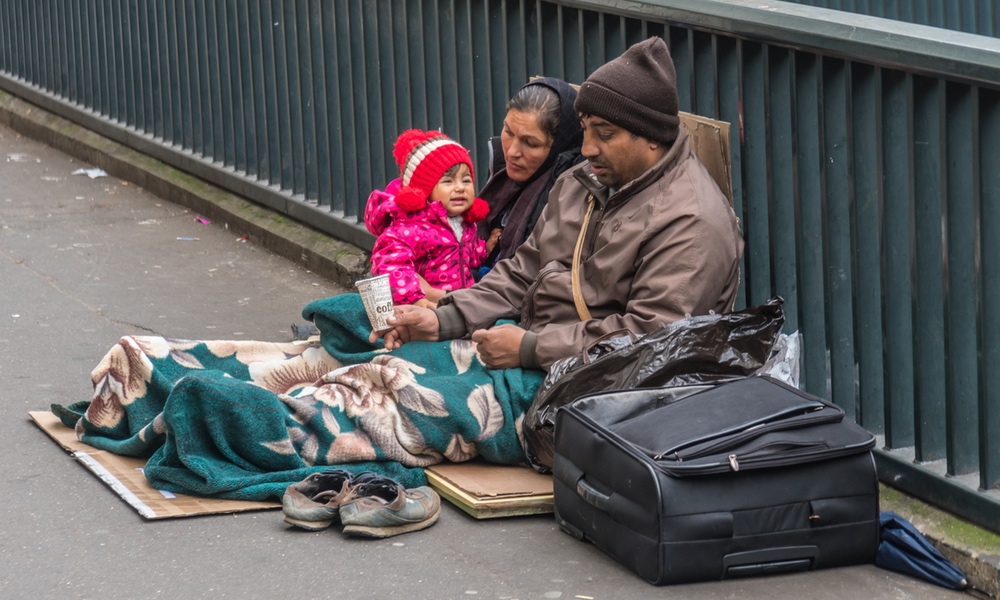It would make sense that those states with the strictest abortion limits would offer the best heath care and social services to families since “pro-life” and protection of children is its rationale. But a new study shows that the opposite is true.
States with the strictest abortion policies post-Dobbs — the law that overturned Roe v. Wade — offer the least access to reproductive healthcare and family social policies, including infant care.
“We found that in the states that most severely restrict abortion, the women, children and families that abortion proponents seek to protect are the populations that are left behind — with less access to health care and family social services — when pregnancy is continued,” lead and corresponding author of the study, Dr. Nigel Madden, a recent fellow in maternal-fetal medicine at Northwestern University Feinberg School of Medicine and now an instructor at Harvard Medical School and physician at Beth Israel Deaconess Medical Center, said in a press release.States that restricted access to reproductive health care tended to offer fewer maternal and family social services such as family and medical leave and childcare assistance for lower-income families. They also had tougher restrictions on enrollment in supplemental nutritional programs for families with children.
- In the most restrictive group were 21 states in which abortion is severely restricted, 14 with complete abortion bans with very limited exceptions and seven with an early gestational age ban of 6 to 18 weeks' gestation.
- The moderately restrictive group Included states in which abortion is legally available, but Medicaid coverage of abortion is prohibited, making abortion largely inaccessible to a significant portion of the population. These states also often have additional restrictive and burdensome policies, such as waiting periods and mandatory parental notification for minors, in place.
- Least restrictive group included states in which abortion is legally available and accessible. These states have either no gestational age ban or ban abortion at 24 weeks' gestation or later and allow Medicaid funds to pay for abortion.
The researchers evaluated each state not only on access to reproductive health care, but on maternal and family social services. They also noted whether states mandated family and medical leave, if the state had below-average enrollment in supplemental nutritional programs for families with children, as well as childcare assistance for lower-income families.
The study found that Idaho was the least supportive of low-income families and Alabama Arkansas, Florida, Georgia, Mississippi and Missouri, provided the weakest aid to families. More than 28 million women who could become pregnant live in states with the most restrictive laws.
Overall, compared to the least restrictive abortion states, the study found states with more severe abortion restrictions:“Proponents of abortion restrictions, who identify as ‘pro-life,’ assert that these policies are essential to protect children, women and families. It would seem in these states that the abortion opponent, ‘pro-life’ attitude not only begins at conception but ends there as well.”
- Were more likely to have lower enrollment in state-funded assistance programs, such as the nutrition-assistance Women, Infants and Children (WIC) program or the Temporary Assistance for Needy Families (TANF) program, because women and families in these states are required to be poorer to quality for these programs.
- Less likely to implement policies that support families, such as paid family leave. Had no mandatory paid family leave policy.
- Were more likely to limit access to reproductive health care.
- Were less likely to have policies in place allowing pharmacists to prescribe birth control.
The lack of access to reproductive healthcare and family social policies in these states can have serious consequences. About half of the number of women who seek abortions live below the federal poverty level, previous research has shown, while three-quarters do not have enough money to cover housing, transportation and food.
“Proponents of abortion restrictions, who identify as ‘pro-life,’ assert that these policies are essential to protect children, women and families,” said senior study author, Dr. Lynn Yee, an associate professor of obstetrics and gynecology at Feinberg and a Northwestern Medicine physician. “It would seem in these states that the abortion opponent, ‘pro-life’ attitude not only begins at conception but ends there as well.”
The study is published in the American Journal of Public Health.





